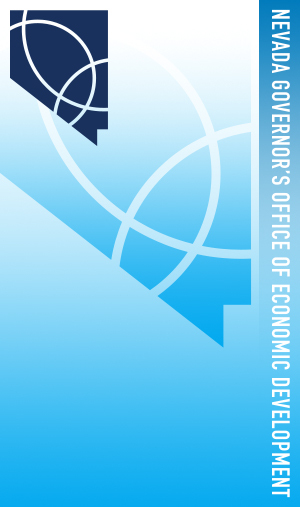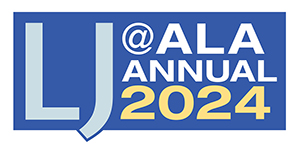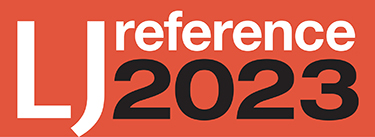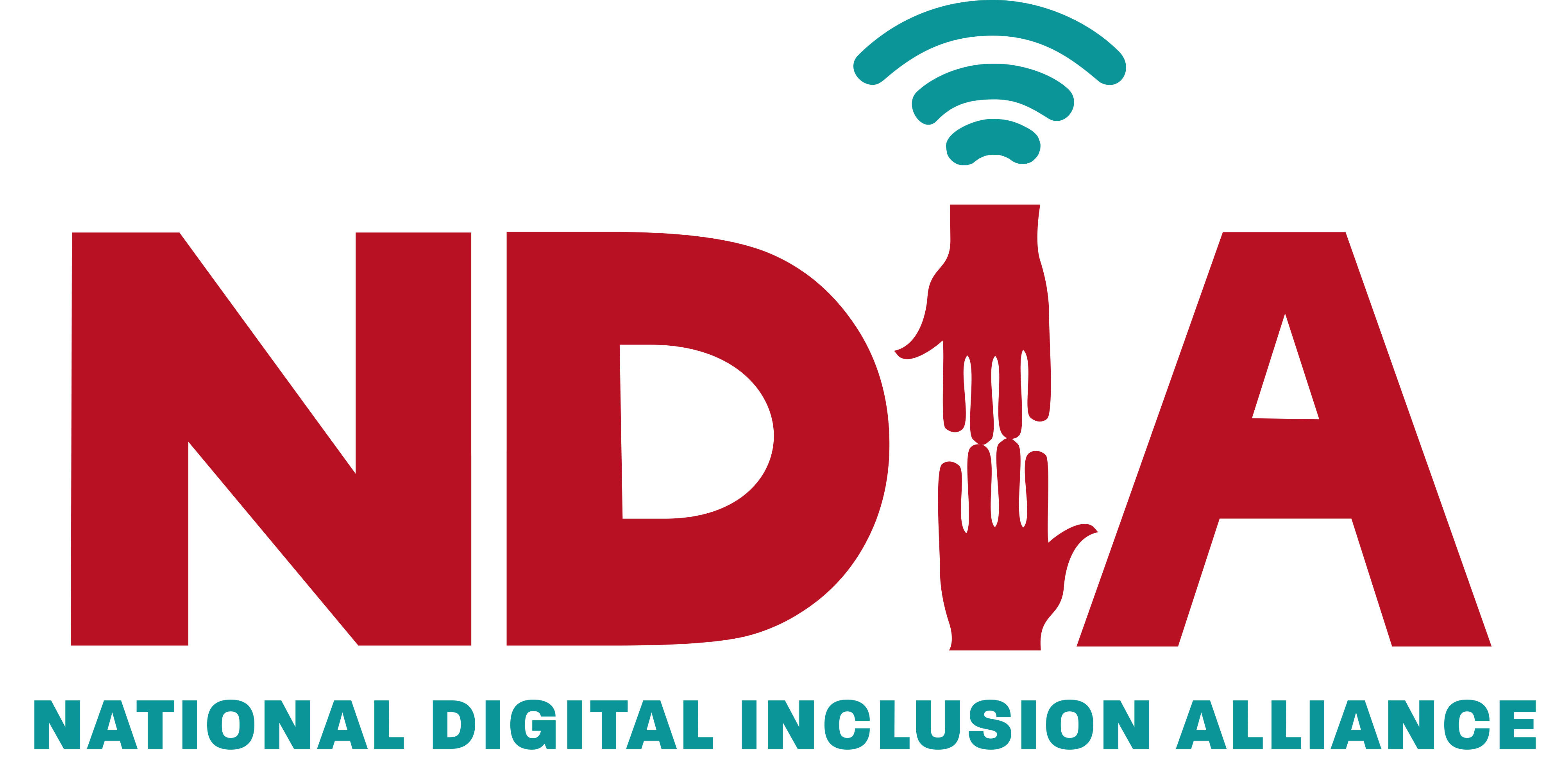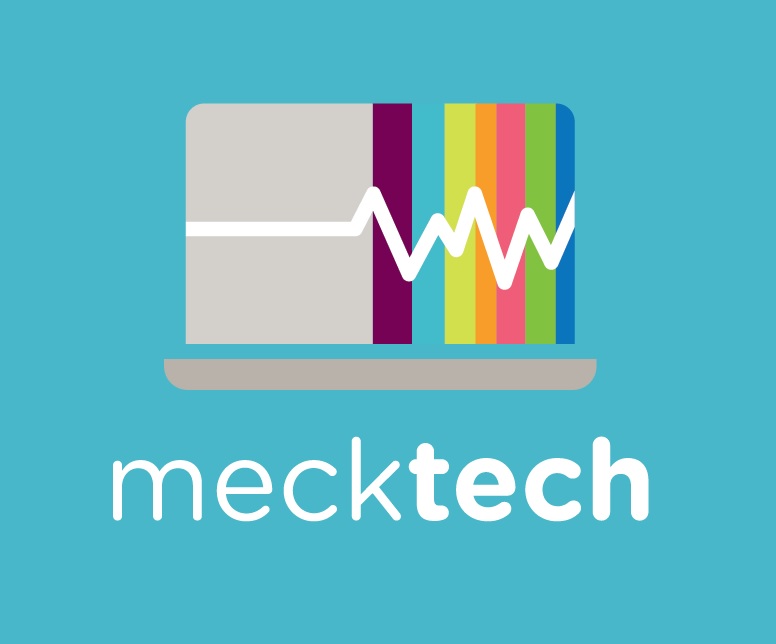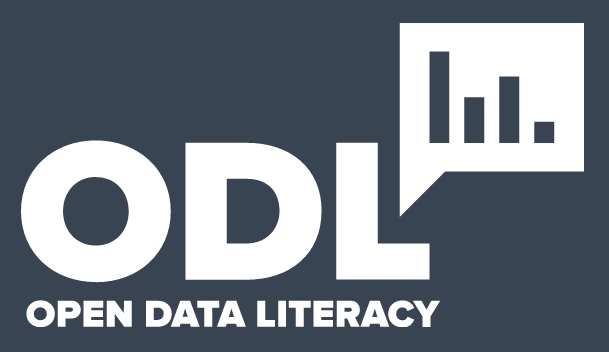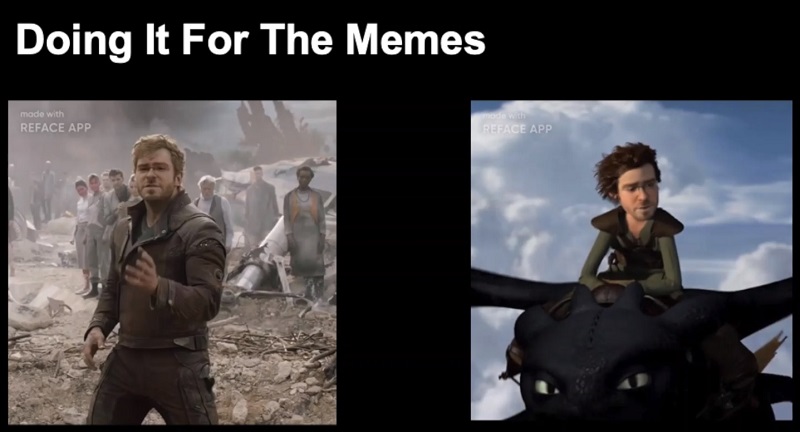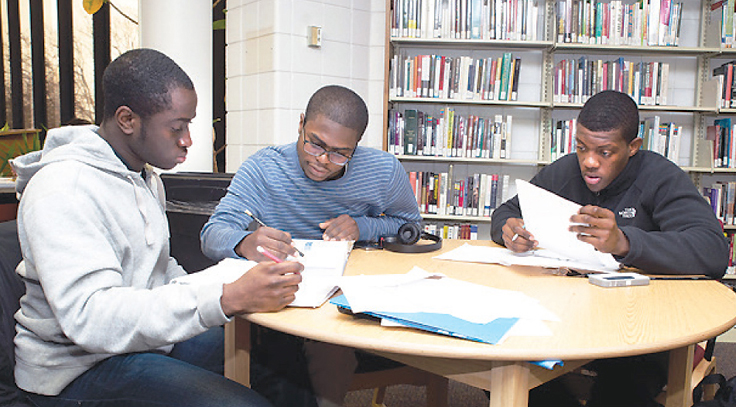Related
Nevada’s libraries have long been an important part of the state’s workforce development programs, and in June, the state’s Board of Examiners approved a new librarian-in-residence program for two municipal systems—the North Las Vegas Library District and the Carson City Library—that will boost those efforts. For two years beginning last month, these librarians-in-residence will facilitate an Individual Career Mapping and Training Delivery Model program developed by the Nevada Governor’s Office of Economic Development with libraries throughout the state. The program includes innovative features such as hands-on virtual reality “field trips” and access to NCLab’s Career Readiness Assessment to build STEM skills.
Anyone who is attending this year’s American Library Association (ALA) Annual Convention in San Diego hoping to hear more about artificial intelligence (AI) and its impact on libraries has not been disappointed. “Breaking Boundaries: Harnessing the Power of Artificial Intelligence and ChatGPT to Transform Library Services,” one of the earliest panels on Saturday morning, was presented to a full house—five conjoined rooms with every seat taken.
What do graphic novels, Grimace shakes, and Barbenheimer have in common? For 2022 Kentucky School Librarian of the Year Tim Jones, they can be tools for helping students develop media literacy.
In the United States, 2.3 million people are imprisoned inside of jails, prisons, or detention facilities with little to no access to information services of any kind. Some public libraries meet this need through Reference by Mail.
The National Digital Inclusion Alliance (NDIA) in September announced that Pottsboro Library in Texas was one of 18 organizations that will be part of the National Digital Navigator Corps. Supported by a $10 million investment from Google.org, the new program will enable institutions serving rural and Tribal communities to hire, train, and support a digital navigator to help residents of those communities gain access to the internet, devices, and digital skills training.
Charlotte Mecklenburg Library (CML), NC, in March 2022 will begin distributing 20,000 free, refurbished laptops to Mecklenburg County adults who do not have their own home computers through its MeckTech Computer Kit Program. Separately, this month CML began rolling out MeckTech Connect, a pilot program that will provide free broadband internet service to about 800 households in Charlotte’s West Boulevard Corridor.
University of Washington iSchool researchers present an overview of the Open Data Literacy project's work to date, and share highlights from a survey of the current landscape of open data in Washington State's public libraries.
Deepfakes, a portmanteau of “deep learning” artificial intelligence (AI) and “fake media,” are becoming more common, and a better understanding of what they are and how they work “is vital in the current information landscape,” said John Mack Freeman, Suwanee branch manager for Gwinnett County Public Library, GA, in an hour-long presentation as part of this year’s Core Top Tech Trends panel at the American Library Association’s Midwinter Virtual Meeting.
Current students are likely to begin their postsecondary education at age 22 or far older. They may be the first members of their families to attend college. They may be recent immigrants or English-language learners. They may be career changers or veterans. They may be incarcerated. And, as many institutions are discovering, academic libraries are uniquely positioned to meet their needs.
As part of its broader information literacy efforts, Toledo Lucas County Public Library recently installed NewsGuard, a free web extension, in the Firefox, Chrome, and Edge browsers on all of the library’s 750+ public and staff computers.
ALREADY A SUBSCRIBER? LOG IN
We are currently offering this content for free. Sign up now to activate your personal profile, where you can save articles for future viewing
